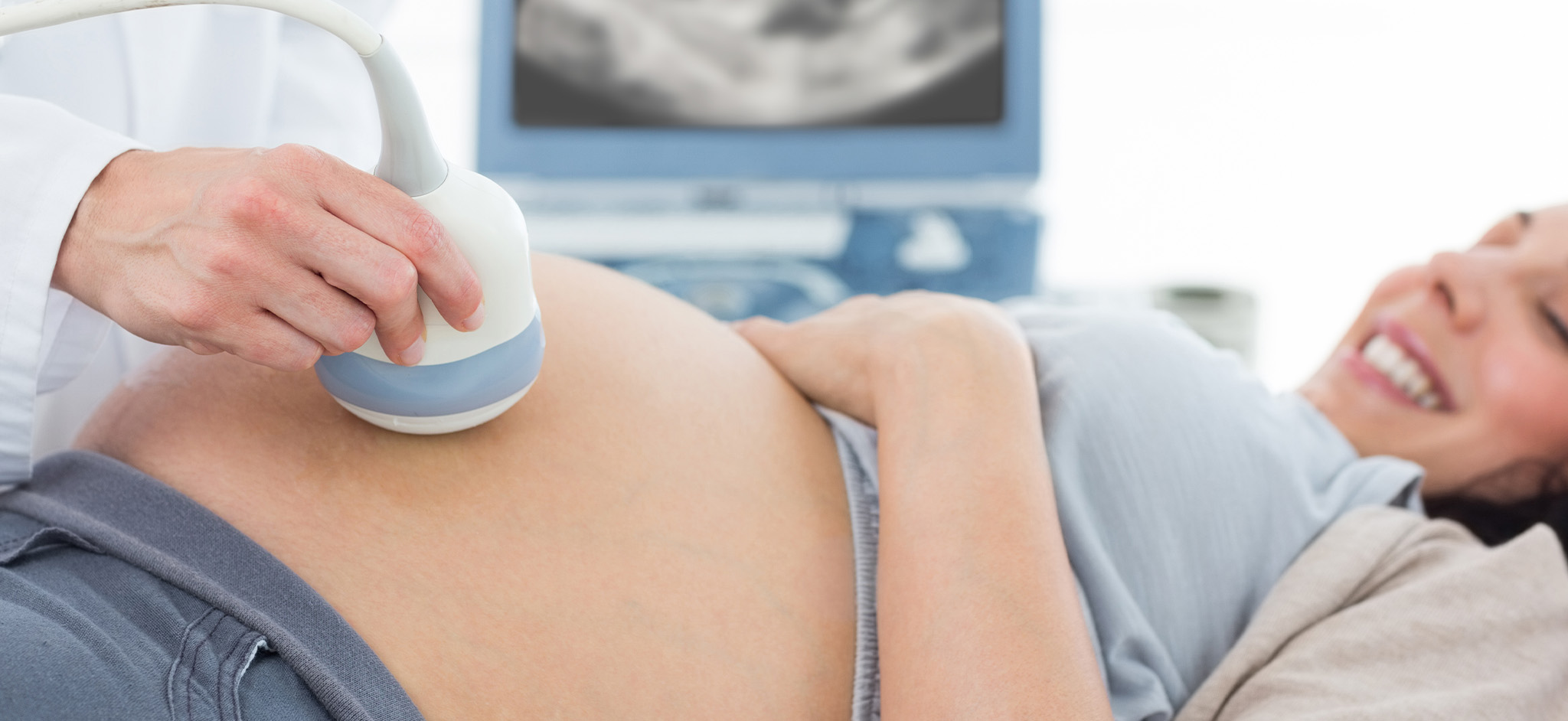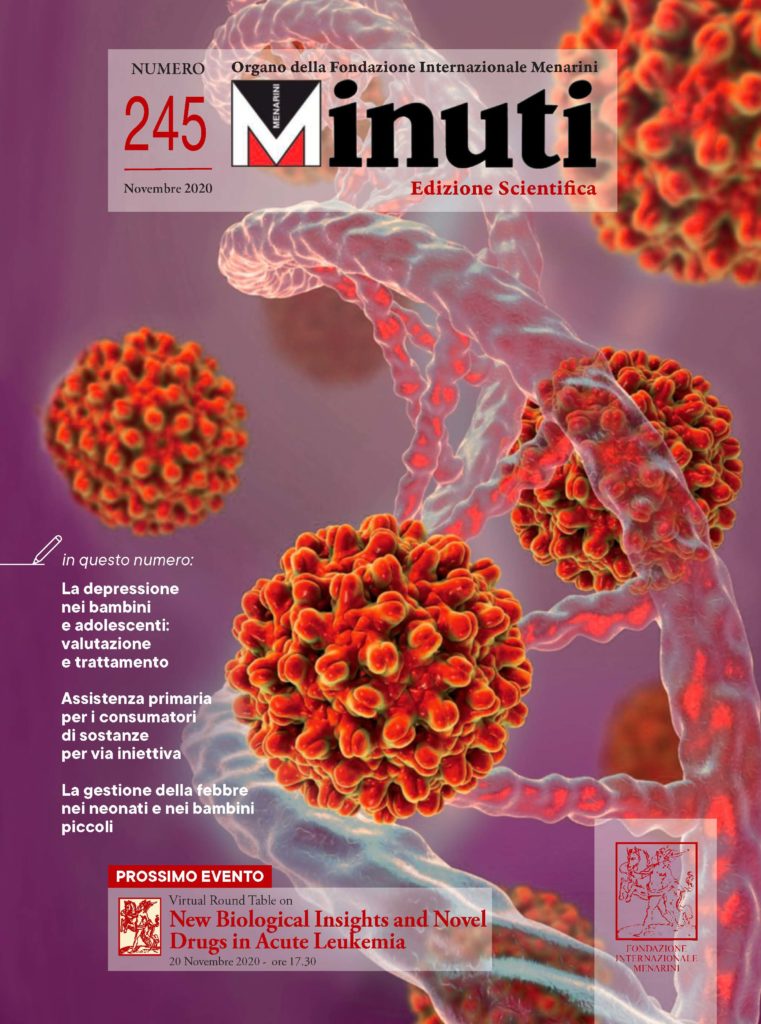
Management of Fever in Infants and Young Children
di Jennifer L. Hamilton, Susanna G. Evans, Munish Bakshi • November 2020
Despite dramatic reductions in the rates of bacteremia and meningitis since the 1980s, febrile illness in children younger than 36 months continues to be a concern with potentially serious consequences. Factors that suggest serious infection include age younger than one month, poor arousability, petechial rash, delayed capillary refill, increased respiratory effort, and overall physician assessment. Urinary tract infections are the most common serious bacterial infection in children younger than three years, so evaluation for such infections should be performed in those with unexplained fever. Abnormal white blood cell counts have poor sensitivity for invasive bacterial infections; procalcitonin and C-reactive protein levels, when available, are more informative. Chest radiography is rarely recommended for children older than 28 days in the absence of localizing signs. Lumbar puncture is not recommended for children older than three months without localizing signs; it may also be considered for those from one to three months of age with abnormal laboratory test results. Protocols such as Step-by-Step, Laboratory Score, or the Rochester algorithms may be helpful in identifying low-risk patients. Rapid influenza testing and tests for coronavirus disease 2019 (COVID-19) may be of value when those diseases are circulating. When empiric treatment is appropriate, suggested antibiotics include ceftriaxone or cefotaxime for infants one to three months of age and ampicillin with gentamicin or with cefotaxime for neonates. For children three months to three years of age, azithromycin or amoxicillin is recommended if pneumonia is suspected; for urinary infections, suggested antibiotics are cefixime, amoxicillin/clavulanate, or trimethoprim/sulfamethoxazole. Choice of antibiotics should reflect local patterns of microbial resistance.
(Am Fam Physician. 2020; 101:721-729. Copyright © 2020 American Academy of Family Physicians.)
(Am Fam Physician. 2020; 101:721-729. Copyright © 2020 American Academy of Family Physicians.)
Related Articles
Management of Late-Term and Postterm Pregnancy
di
Dr.ssa Breanna Gawrys, Dr.ssa Diana Trang, Dr.ssa Whay Cheng
September 2025
Highlights
di
Aaron Saguil, Matthew V. Fargo
∙
February 2021







